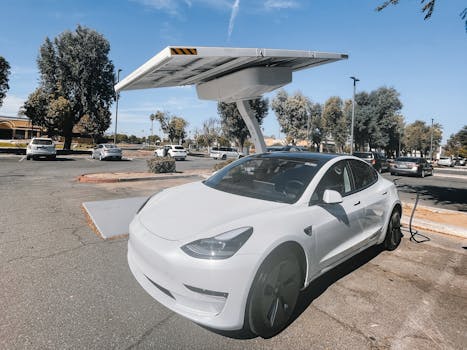
Smart Cities: Urban Trends for 2025
Focus Keyword: Smart Cities
Smart Cities are revolutionizing the way we live, work, and interact with our urban environments. As we approach 2025, it’s essential to explore the latest trends and innovations that are shaping the future of our cities. From green infrastructure to cutting-edge transportation systems, smart cities are becoming increasingly sustainable, efficient, and livable.
Section 1: Introduction to Smart Cities
Smart cities are urban areas that utilize technology and data to improve the quality of life for their citizens. They aim to create a more sustainable, efficient, and connected community by leveraging advanced technologies such as IoT, AI, and big data. Smart cities focus on providing better public services, enhancing public safety, and promoting economic growth.
Section 2: Urban Trends for 2025
As we look ahead to 2025, several urban trends are emerging that will shape the future of smart cities. Some of the key trends include:
- Green Infrastructure: Cities are investing in green infrastructure such as parks, green roofs, and green walls to mitigate the urban heat island effect and improve air quality.
- Electric Vehicles: Electric vehicles are becoming increasingly popular, and cities are investing in EV charging infrastructure to support their adoption.
- Smart Transportation Systems: Cities are implementing smart transportation systems that utilize real-time data and AI to optimize traffic flow, reduce congestion, and improve public transportation.
- Energy Efficiency: Cities are focusing on energy efficiency by implementing smart building technologies, retrofitting existing buildings, and promoting renewable energy sources.
Section 3: Innovations in Smart Cities
Several innovations are emerging that will shape the future of smart cities. Some of the key innovations include:
- 5G Networks: 5G networks are being deployed in cities to provide high-speed, low-latency connectivity that will support a wide range of smart city applications.
- Artificial Intelligence: AI is being used in smart cities to analyze data, optimize operations, and improve decision-making.
- Internet of Things (IoT): IoT devices are being used in smart cities to collect data, monitor infrastructure, and provide real-time insights.
- Blockchain: Blockchain technology is being used in smart cities to provide secure, transparent, and efficient data management.
Section 4: Challenges and Opportunities
While smart cities offer many benefits, they also pose challenges and opportunities. Some of the key challenges include:
- Data Privacy: Smart cities generate vast amounts of data, which raises concerns about data privacy and security.
- Cybersecurity: Smart cities are vulnerable to cyber threats, which can compromise public safety and infrastructure.
- Equity and Inclusion: Smart cities must ensure that all citizens have access to the benefits and opportunities they provide.
Despite these challenges, smart cities offer many opportunities for innovation, economic growth, and improved quality of life. As we approach 2025, it’s essential to continue investing in smart city technologies and innovations that will shape the future of our urban environments.



